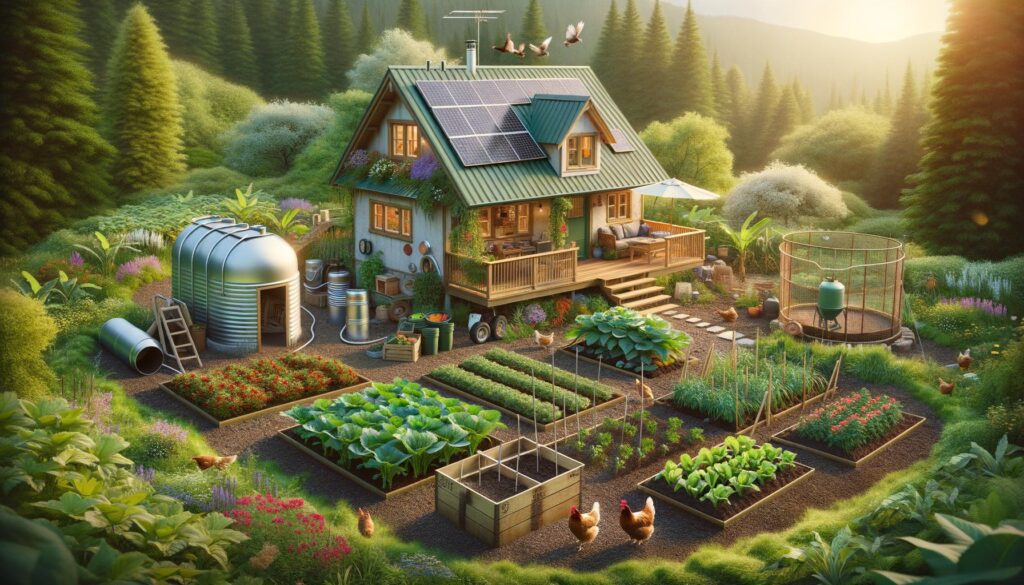Exploring Homesteading Programs: A New Frontier for Families
The Rise of Homesteading Programs
Homesteading programs have gained traction as more families seek a lifestyle that prioritizes sustainability and self-reliance. These programs often offer a structured approach to learning the skills necessary for homesteading, such as gardening, animal husbandry, and renewable energy utilization. The appeal of these programs lies in their ability to provide families with the knowledge and confidence needed to transition to a more self-sufficient way of life. As urban living becomes increasingly hectic and disconnected from nature, the idea of homesteading presents an attractive alternative, offering a chance to reconnect with the land and live more sustainably.

Benefits of Homesteading for Families
Homesteading offers numerous benefits that appeal to families looking for a change of pace from the urban hustle. One of the primary advantages is the opportunity to cultivate a deeper connection with nature. By engaging in activities such as growing their own food and raising livestock, families can experience firsthand the joys of nurturing life and reaping the rewards of their labor. Additionally, homesteading encourages a healthier lifestyle through access to fresh, organic produce and a more active daily routine.
Another significant benefit is the potential for financial savings. While the initial investment in land and equipment may be substantial, many families find that the reduced cost of living and increased self-sufficiency eventually lead to financial stability. Moreover, homesteading promotes valuable life skills such as problem-solving, resource management, and resilience, which can be passed down to future generations.
Popular Homesteading Programs
As interest in homesteading grows, a variety of programs have emerged to cater to different needs and preferences. These programs typically offer workshops, online courses, and hands-on experiences to equip families with the necessary skills to succeed in homesteading. Some popular areas of focus include:
- Permaculture design
- Organic farming techniques
- Renewable energy solutions
- Animal husbandry
- Food preservation and storage
Many programs also provide opportunities for networking and community building, allowing participants to connect with like-minded individuals and share their experiences and knowledge.
Challenges and Considerations
While homesteading offers numerous advantages, it is essential to consider the challenges involved. Transitioning to a homesteading lifestyle requires a significant commitment of time, energy, and resources. Families must be prepared to adapt to the demands of rural living, which may include limited access to modern conveniences and the need for ongoing maintenance and problem-solving.
Another consideration is the learning curve associated with acquiring new skills. Homesteading programs can provide guidance, but families must be willing to invest in their education and continuously seek out new knowledge to overcome obstacles and improve their practices. Additionally, it is crucial to have realistic expectations and recognize that the path to self-sufficiency is a gradual process that requires patience and perseverance.
Conclusion: Is Homesteading Right for Your Family?
Homesteading programs offer an exciting opportunity for families to explore a lifestyle grounded in sustainability and self-reliance. By participating in these programs, families can gain the skills and confidence needed to embark on their homesteading journey. However, it is essential to carefully weigh the benefits and challenges to determine if this lifestyle aligns with your family’s values and goals.
For those who are ready to embrace the adventure, homesteading can offer a fulfilling and rewarding way of life, providing the chance to live more harmoniously with nature and create a legacy of resilience and self-sufficiency for future generations.
